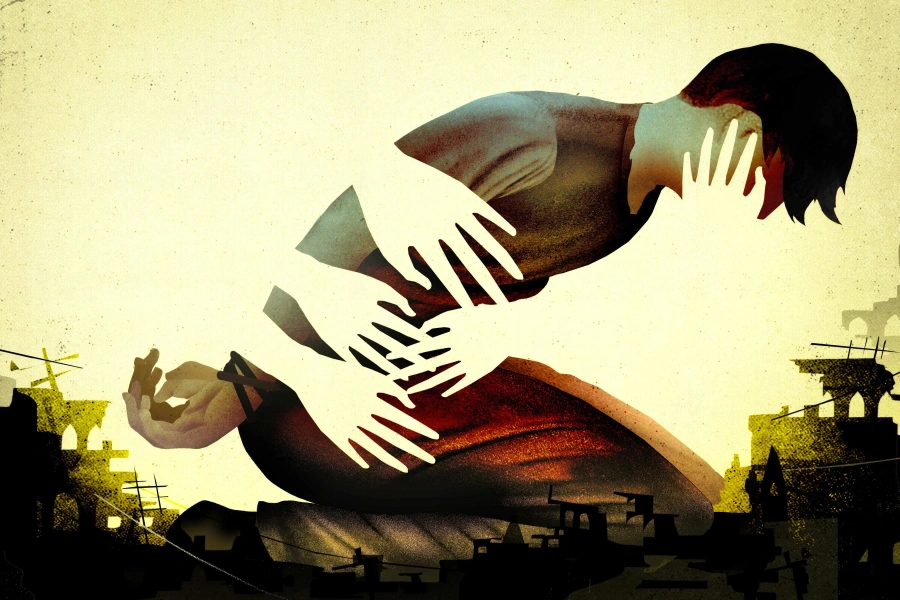KATHMANDU, Aug 21: Visiting Indian External Affairs Minister Subrahmanyam Jaishankar said Indian Prime Minister Narendra Modi would receive a joint report prepared by the Eminent Persons Group (EPG) in an appropriate time.
Jaishankar made the remark during his meeting with Prime Minister KP Sharma Oli at the latter's official residence, Baluwatar earlier today.
"The Indian foreign minister conveyed the message of PM Modi. At the same time, he mentioned that Modi will receive the EPG report in an appropriate time," Oli's Foreign Relations Advisor Rajan Bhattarai told reporters after the meeting.
During the meeting, Prime Minister Oli raised the issue with Jaishankar, stressing the need to bring it into early implementation.
Modi should receive EPG report ASAP

The Indian foreign minister's statement comes at a time when an inordinate delay on the part of Indian PM Modi in receiving the EPG report raising doubts in Kathmandu about the Indian establishment's commitment to execute the recommendations made by the EPG.
Although the content of the report is yet to be officially made public, a section of Indian policymakers and intelligence agencies have already expressed their dissatisfaction over some recommendations reportedly included in the report.
Media reports suggest that the EPG report recommends introducing a 'smart border' and replacing or revising the 1950 Peace and Friendship Treaty. The controversial treaty served as the basis of bilateral relations between post-Rana era Nepal and post- British Raj India.
EPG members from Nepal and India had agreed during their last meeting held in Kathmandu to first submit the joint report to Prime Minister Modi in New Delhi and then to Prime Minister Oli in Kathmandu before disseminating its recommendations through mass media. One year passed, Modi has yet to give an appointment to EPG members to officially receive the report.
The EPG was formed in 2016 to suggest ways to improve various aspects of Nepal-India relations. During the meeting, two sides held discussions on wide-ranging issues of bilateral concerns and agreed to take bilateral ties to a new height.
"As there are strong and stable governments in Nepal and India, the two sides stressed the need for further enhancing bilateral cooperation in multiple areas including policy coordination," Bhattarai said.
Jaishnakar arrived in Kathmandu to attend the 5th meeting of the Nepal-India Joint Commission that began this afternoon.




































